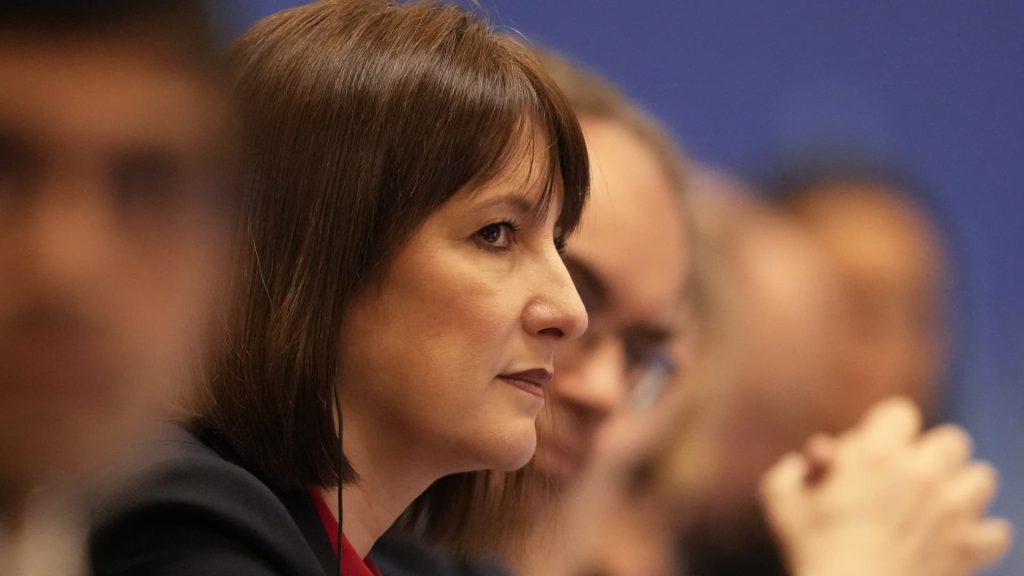This update comes from this week’s UK Exchange newsletter by CNBC. Every Wednesday, Ian King provides expert perspectives on significant business developments in the U.K. and the influential figures involved. The newsletter will also cover other important U.K. updates and preview crucial upcoming events. Interested? You can subscribe here.
The Importance of Today’s Spending Review
The significance of the current spending review reflects the troubled landscape of U.K. politics. What should be a simple presentation of the government’s financial strategies for the next three years has been described by some analysts as a critical moment for Prime Minister Keir Starmer’s administration, which is struggling for public approval less than a year after gaining a solid majority.
What to Expect
It’s essential to clarify that today’s review is not a fiscal event; Chancellor Rachel Reeves conducts only one of these annually, with the next being her Autumn Budget. There won’t be forecasts from the Office for Budget Responsibility, tax policy changes, or new spending figures announced. The spending plans, revealed last October, indicate modest increases in everyday and capital spending, yet are the tightest seen in many years.
Budget Constraints
The constrained spending limits stem from Reeves’ fiscal rules, which require that daily spending be supported by tax revenues instead of borrowing, and aim for a decline in debt as a percentage of GDP by the end of this parliament. Economists believe Reeves is precariously close to breaching these rules due to worsened economic conditions and rising government borrowing costs.
Health Services and Defense Spending
The review is particularly notable as it marks the first comprehensive spending assessment since 2021 and the first outside the pandemic since 2015. There are expectations of increases to the NHS budget and defense spending, the latter facing pressure to meet higher targets. However, this will necessitate cuts in other areas, prompting concerns about how these funds will be allocated and whether they will enhance public services or merely support wage demands.
Political Tensions and Resource Allocation
Reports suggest growing cabinet tensions over funding cuts needed to protect various initiatives, including home insulation and affordable housing. There’s also significant strain on the justice system, local government, and education sectors, all of which face unprecedented pressures while attempting to maintain services with limited funding.
The Call for Productivity Improvement
Addressing the U.K.’s productivity issues is critical, particularly within the NHS, which has faced scrutiny for inefficiencies. Without improvements or economic growth, forthcoming spending increases will rely on borrowing or tax hikes, with many experts indicating that such tax increases are becoming almost unavoidable as the Chancellor approaches the Autumn Budget.
Future Predictions
Given the political climate and the inability to implement spending cuts effectively, it’s conceivable that unexpected announcements could come from today’s review. However, any proposals for increased spending without a clear funding strategy could provoke backlash in the financial markets and from political opponents.
— Ian King



